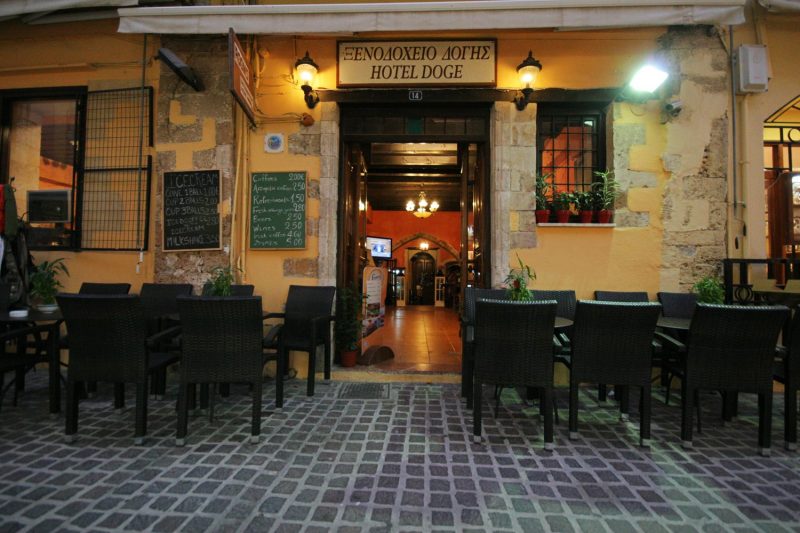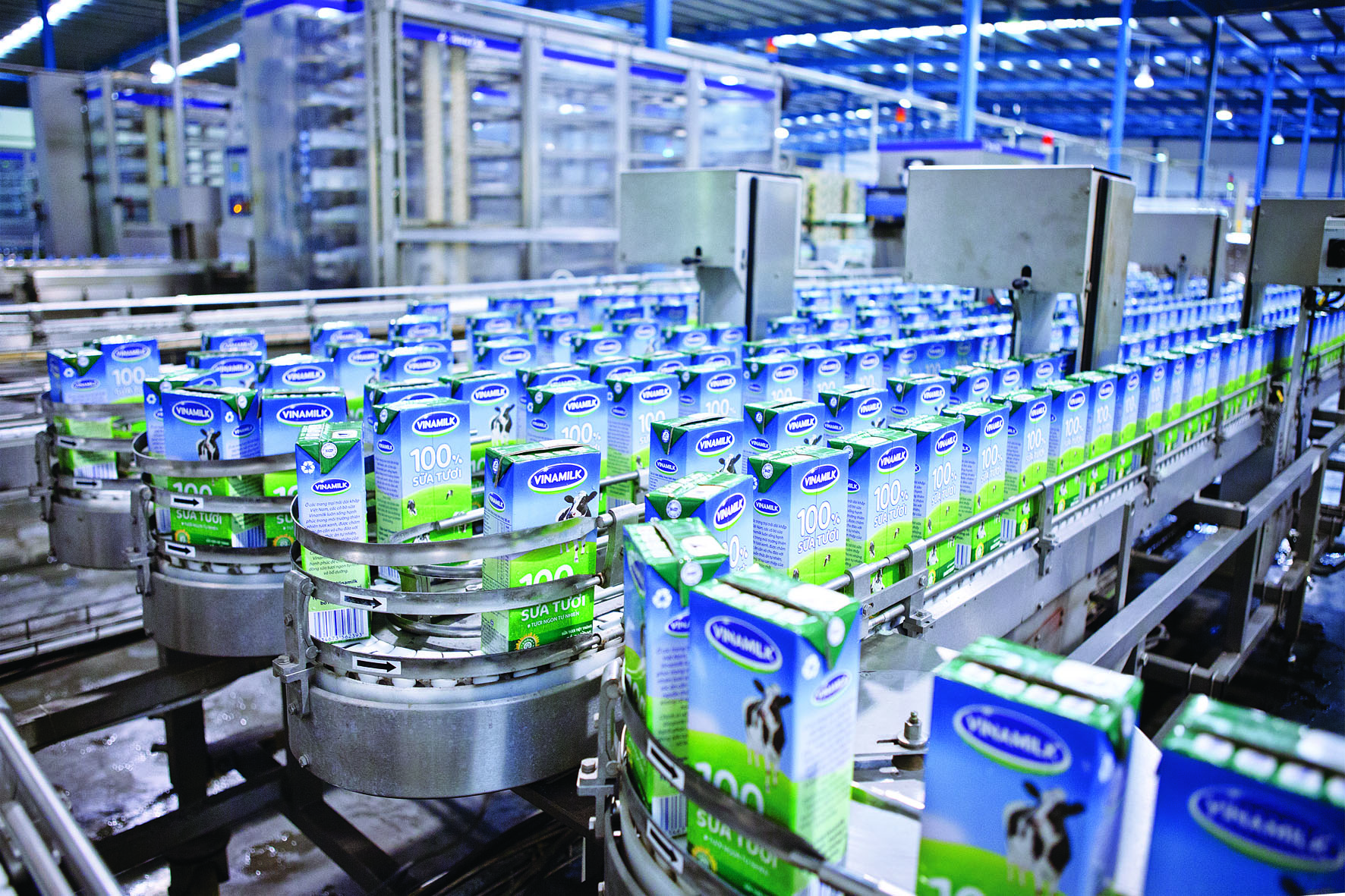Mergers & Acquisitions
-

Maverick capital-backed e-pharmacy 1mg buys MediAngels, making its second acquisition of the year
1mg Technologies acquired MediAngels for an undisclosed amount in cash and stocks to enter specialty doctor consultations, corporate health services and insurance partnerships.
-

Triip.me forms partnership with Booking.com to create unique local tour and hotel lodging experience
Gobi-backed Triip partners with Booking.com has formed a strategic partnership to provide an authentic local experience offerings which will give traditional lodging’s a competitive edge.
-

Thai F&N to purchase 5.4% stake owned in Vietnamese major Vinamilk for US$500 million
F&N owned by Thailand’s richest man, Charoen Sirivadhanabhakdi is to acquire Vietnam Dairy Products JSC (Vinamilk) to expand its market share in Southeast Asia, against Coca-Cola and Pepsi.
-

China’s Luye Pharma Completes Acquistion Of Acino’s Transdermal Drug Delivery System For US$260 Million
Stepping towards becoming a leading global pharmaceutical enterprise, Luye Pharma Group Ltd. has made its second acquisition – Swiss’s Acino, a transdermal drug delivery system business.
-

KFit Acquires Groupon Malaysia To Expand Beyond Fitness Into Local Services
After purchasing Groupon Indonesia in August, KFit Group now acquires the company’s Malaysian operation as it pivot to become a full-fledged online-to-offline (O2O) platform.





